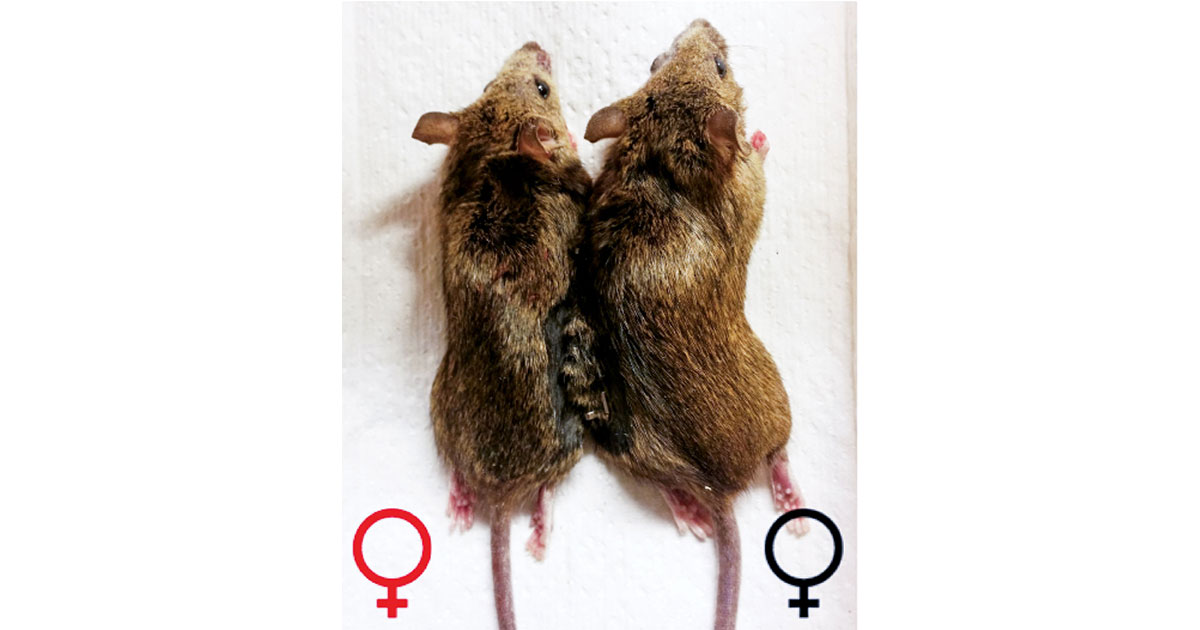Advertisement
Grab your lab coat. Let's get started
Welcome!
Welcome!
Create an account below to get 6 C&EN articles per month, receive newsletters and more - all free.
It seems this is your first time logging in online. Please enter the following information to continue.
As an ACS member you automatically get access to this site. All we need is few more details to create your reading experience.
Not you? Sign in with a different account.
Not you? Sign in with a different account.
ERROR 1
ERROR 1
ERROR 2
ERROR 2
ERROR 2
ERROR 2
ERROR 2
Password and Confirm password must match.
If you have an ACS member number, please enter it here so we can link this account to your membership. (optional)
ERROR 2
ACS values your privacy. By submitting your information, you are gaining access to C&EN and subscribing to our weekly newsletter. We use the information you provide to make your reading experience better, and we will never sell your data to third party members.
Neuroscience
Hormone linked to neurological benefits of exercise
Irisin ameliorates memory issues in rodents
by Megha Satyanarayana
January 21, 2019
| A version of this story appeared in
Volume 97, Issue 3
An exercise-induced hormone called irisin seems to restore memory in early experiments in mice, suggesting the small peptide might be one of the reasons why physical activity may stave off memory loss in people with Alzheimer’s disease (Nat. Med. 2019, DOI:10.1038/s41591-018-0275-4). In postmortem studies, neuroscientists led by Ottavio Arancio of Columbia University and Sergio Ferreira and Fernanda De Felice of the Federal University of Rio de Janeiro found lower levels of irisin in the brains of people with advanced Alzheimer’s disease than in healthy people or people with mild neurodegeneration. The team found that mice that can’t make the irisin precursor protein have a hard time remembering objects in a memory test. Dosing them with irisin’s precursor protein rescues that memory loss. They also put mice through a daily swimming protocol and found that they expressed higher levels of irisin than mice that didn’t exercise and were less likely to have memory problems induced by amyloid β, the protein that clumps up and kills neurons in Alzheimer’s disease. The researchers suggest that modulating irisin may be one way to promote brain health.




Join the conversation
Contact the reporter
Submit a Letter to the Editor for publication
Engage with us on Twitter